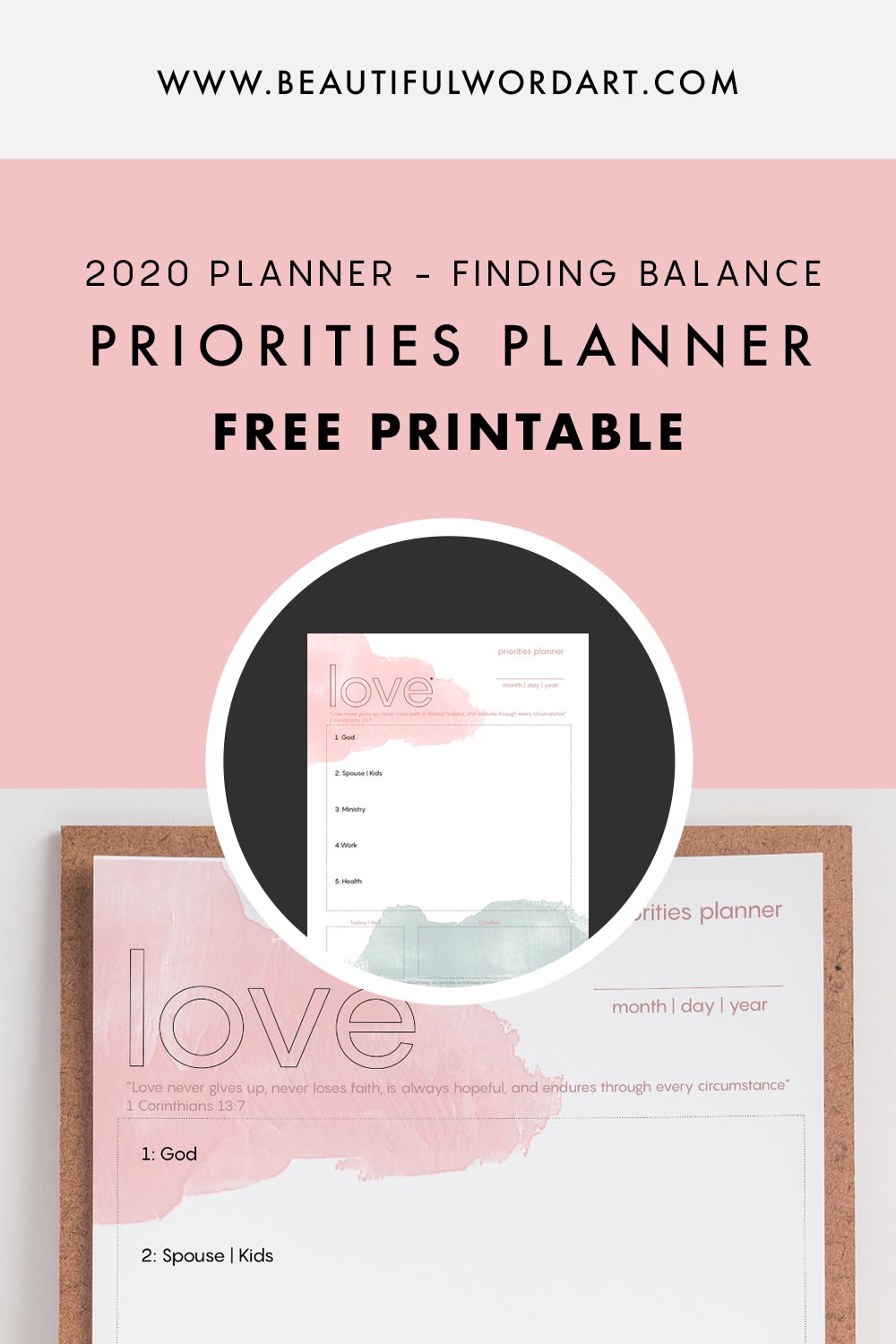There are many different types of drug interactions with vitamins and minerals, ranging in severity and significance. Patients may not think to share information with their pharmacist about the vitamins and minerals they take, or they may feel the substances are harmless and irrelevant to their medication regimen. Because of the likelihood of an interaction, pharmacists should question patients not only about the drug allergies they have but also about the vitamins and minerals they ingest daily. Although this article did not discuss herbal products and other nutraceuticals, use of these products is important to document as well. Without this information, pharmacists cannot provide the necessary screening for interactions.
Information about the use of vitamins, minerals, herbal products, and other nutraceuticals should be documented in patients' records for future reference. Vitaminsand minerals serve crucial functions in almost all bodily processes and must be obtained from foods or supplements, as our bodies are unable to make them. In this article, common drug interactions with vitamins and minerals are discussed, along with suggestions on how the pharmacist should manage these interactions. Drug interactions may change how your medications work or increase your risk for serious side effects.
Why Do I Feel Sick After Taking Centrum This document does not contain all possible drug interactions. Keep a list of all the products you use (including prescription/nonprescription drugs and herbal products) and share it with your doctor and pharmacist. Separate your doses of these medications as far as possible from your doses of this product.
Make sure lab personnel and all your doctors know you use this drug. They plan an important role in how your body functions, such as helping your body convert the food you eat into energy. I Do you need to take a multivitamin or dietary supplement in order to get the vitamins and nutrients you need? That depends on your dietary intake and medical history. You may need to avoid some vitamins and minerals if you have kidney disease.
These vitamins are more likely to build up in your body and can cause harm if you have too much. Over time, they can cause dizziness, nausea, and even death. You should only take these vitamins if your healthcare professional gives you a prescription for them. Although some people may need to take a low dose of vitamin C, large doses may cause a buildup of oxalate in people with kidney disease.
Oxalate may stay in the bones and soft tissue, which can cause pain and other issues over time. Almost all vitamins and minerals come from the foods you eat. People with healthy kidneys who eat a variety of foods from all the food groups can get enough vitamins and minerals. But if you have chronic kidney disease or are on dialysis, your diet may limit some food groups. Therefore, you may not be getting all the vitamins and minerals you need each day, so you may need to take some in the form of supplements. Your healthcare professional and kidney dietitian can help you find out which vitamins and minerals you may need by looking at your health history and blood tests.
Let your doctor know if you are taking pain relievers, heart medications, high blood pressure pills, sulfamethoxazole, or diuretics, as these can have negative interactions with prenate pills. Your healthcare provider can advise you on when to start taking prenatal vitamins. Additionally, some studies havelinked excessive folic acidto asthma, heart problems, cancer, and ectopic pregnancy.
A 2014study published in theJournal of Epidemiology & Community Healthfound that women who took folic acid supplements were twice as likely to die of breast cancer. Some women have a harder time absorbing the synthetic folate, or folic acid, found in prenatal vitamins, which may increase their risk of miscarriage. In that case, take your multivitamin with whichever meal contains the most fats and oils. Taking your multivitamin with a meal may also reduce stomach upset or nausea that can occur with these supplements.
Both vitamin E and the herb St. John's wort can have dangerous interactions with blood-thinning drugs used to treat heart disease—increasing your bleeding risk. Among people with heart disease being treated with the blood thinner warfarin, those most likely to experience bleeding events have higher levels of vitamin E in their bodies. Other studies have found that St. John's wort amplifies the effect of blood thinners. Avoid these supplements if you're taking a blood-thinning medication. Besides warfarin, those include apixaban, dabigatran, heparin, and rivaroxaban.
Take this medication by mouth, usually once daily or as directed. Follow all directions on the product package, or take as directed by your doctor. If you have any questions, ask your doctor or pharmacist.This medication is best taken on an empty stomach 1 hour before or 2 hours after meals. Take with a full glass of water unless your doctor directs you otherwise. If stomach upset occurs, you may take this medication with food.
Avoid taking antacids, dairy products, tea, or coffee within 2 hours before or after this medication because they may decrease its effectiveness. Do not lie down for at least 10 minutes after taking the tablets or capsules. Consult your doctor or pharmacist for details for your particular brand.If you are taking the delayed-release form or extended-release capsules, swallow them whole. Do not crush or chew delayed-release or extended-release products.
Doing so can release all of the drug at once, increasing the risk of side effects and decreasing absorption. Also, do not split extended-release tablets unless they have a score line and your doctor or pharmacist tells you to do so. Swallow the whole or split tablet without crushing or chewing.Take this medication regularly in order to get the most benefit from it. To help you remember, take it at the same time each day.
It is important for pharmacists to be able to identify patients who are most at risk. Patients with these risk factors should be targeted for interventions to prevent drug interactions with vitamins and minerals. Another outdated recommendation is that all women should be supplementing with folic acid during pregnancy. This is an especially common reason when it's gummy vitamins making you sick as those never have iron. If you're someone who strives to eat a healthy diet, then you might know a thing or two about eating foods that contain important vitamins and minerals.
Vitamins and minerals are essential for good health and eating a balanced diet will provide the vitamins and minerals your body needs. However, for many, eating healthy can be a challenge and taking a multivitamin multimineral supplement is a good strategy to stay on track. When you're constantly queasy, the last thing you can stomach is the thought of swallowing a horse-sized pill chock-full of nausea-inducing vitamins and minerals. The reality is, prenatal vitamins offer extra insurance that you're getting all of the nutrients you and your baby need during pregnancy.
If your doctor has prescribed this medication, do not share it with others.Keep all regular medical and laboratory appointments.Some brands may also contain ingredients such as docusate. Ask your doctor or pharmacist if you have questions about the ingredients in your brand.This product is not a substitute for a proper diet. Remember that it is best to get your vitamins and minerals from healthy foods.
Maintain a well-balanced diet and follow any dietary guidelines as directed by your doctor. Heartburn Heartburn is a burning sensation experienced from acid reflux . Symptoms of heartburn include chest pain, burning in the throat, difficulty swallowing, the feeling of food sticking in the throat, and a burning feeling in the chest. Causes of heartburn include dietary habits, lifestyle habits, and medical causes.
Treatments for heartburn include lifestyle changes, OTC medication,prescription medication, and surgery. When managing interactions between medications and vitamin/mineral supplements, the pharmacist has several factors to keep in mind. First, he or she needs to determine the need for the supplement during the time the medication is to be taken. For a short course of medication, it is usually possible to discontinue the supplement until the therapy is completed.
Second, the pharmacist should identify alternatives. Although your body can handle and use most of the nutrients in multivitamins better when taken with food, this is not true of all vitamins and minerals. For example, your body can use iron more efficiently if you take it without food. Despite the benefits of taking calcium carbonate with food, your body absorbs other forms of calcium better on an empty stomach.
Similarly, vitamins A and E are both more readily available to your body if you take these on an empty stomach. However, as the potential costs of doing so outweigh the benefits, you should avoid taking multivitamins on an empty stomach. Stop taking vitamin E, multivitamins, herbal remedies, and other dietary supplements 7 days before your surgery. For more information, read the resource Herbal Remedies and Cancer Treatment.
"Folic acid and iron are especially important for the prevention of neural tube defects," says Sheri Puffer, MD, an obstetrician-gynecologist with Women's Health Services in Arlington, Texas. Many also contain added nutrients like omega-3 fatty acids and choline, which play an important role in fetal development. While many young children are picky eaters, that doesn't necessarily mean that they have nutritional deficiencies. Many common foods — including breakfast cereal, milk and orange juice — are fortified with important nutrients, such as B vitamins, vitamin D, calcium and iron. So your child may be getting more vitamins and minerals than you think.
If you're a vegan or a vegetarian who doesn't eat animal products, you do need a supplement for B12, which you can only get in animal products. You can do this by eating fortified foods or by taking a vitamin. For these patients, I also check their iron, calcium and zinc levels. Those are available in grain form and in fruits and vegetables, but aren't as easily absorbed as with animal products. Fabricant has said that dietary supplements spiked with prescription drugs are "the largest threat" to consumer safety. Since 2008 there have been recalls of more than 400 such products, mostly those marketed for bodybuilding, sexual enhancement, and weight loss, according to the FDA.
People with chronic kidney disease and people on dialysis should avoid herbal remedies and over the counter nutritional supplements. There may be unwanted interactions with prescribed medicines or other side effects. Always speak to your healthcare professional or pharmacist before taking any herbal remedies, over-the-counter medicines, or nutritional supplements. Every effort has been made to ensure that the information provided by Cerner Multum, Inc. ('Multum') is accurate, up-to-date, and complete, but no guarantee is made to that effect.
Drug information contained herein may be time sensitive. Multum's drug information does not endorse drugs, diagnose patients or recommend therapy. The absence of a warning for a given drug or drug combination in no way should be construed to indicate that the drug or drug combination is safe, effective or appropriate for any given patient.
Multum does not assume any responsibility for any aspect of healthcare administered with the aid of information Multum provides. The information contained herein is not intended to cover all possible uses, directions, precautions, warnings, drug interactions, allergic reactions, or adverse effects. If you have questions about the drugs you are taking, check with your doctor, nurse or pharmacist.
Do not use this medicine without a doctor's advice if you are pregnant. Some vitamins and minerals can harm an unborn baby if taken in large doses. You may need to use a prenatal vitamin specially formulated for pregnant women.
Try taking yourprenatal vitamin at the time of day when you're least nauseated. Taking prenatal vitamins and following a healthy diet can lead to a healthy pregnancy and support your baby's growth. There are various prenatals to choose from, but Dr. Ellman will be happy to find a prenatal vitamin that works best for your body. Acid reflux refers to the condition in which the stomach contents move up into the food pipe . When the acidic stomach contents leak frequently, more than twice a week over several weeks, into the esophagus, the condition is called gastroesophageal reflux disease .
Treatment of acid reflux includes lifestyle and home remedies (eating small meals, not eating before bed, avoiding coffee and tea, etc.), medications, and surgery. GERD in Infants and Children GERD is the upward movement of stomach content, including acid, into the esophagus and sometimes into or out of the mouth. Common symptoms of GERD in children include colic, feeding problems, poor growth, frequent vomiting or coughing, heartburn, regurgitation, recurrent wheezing, pneumonia, choking, or gagging. Prenatal vitamins provide important nutrients for conception, pregnancy, and the postpartum months.
Regularly taking a prenatal vitamin before becoming pregnant ensures adequate folic acid to support fetal development and reduces the risk of birth defects. The article says that folic acid supplements increase a mother's mortality from breast cancer. The linked article is a study looking at records from 2200+ women that debunked the researchers' own earlier finding looking at records from a much smaller group of women. There is no evidence of folic acid increasing breast cancer or any other cancer mortality.
Folic acid is a critical nutrient for healthy neural tube development, and taking the supplement is of the key pieces of advice pregnant women are given. I'm so annoyed that the author would so casually throw around these safety claims. Taking multivitamins with food can increase the amount of stomach acid present for digestion. These acids help to break down some of the compounds containing vitamins and minerals, thus isolating the nutrients and making them easier for your body to use. This is particularly true for carbonate compounds that deliver minerals, such as calcium carbonate.
However, as these are not the only forms of minerals in multivitamins, you will not always digest minerals better when taking them with food. The vitamins should be supplementing something that's missing from your diet. If your nutrition is bad or you have a condition or disease that prevents your body from absorbing certain nutrients, then yes – you need to take supplements. But if your gut is working well and you're eating a balanced diet, you're probably getting all the nutrients your body needs and shouldn't have to take a supplement. Large clinical trials have repeatedly found that multivitamins don't improve the health of the average person.


























No comments:
Post a Comment
Note: Only a member of this blog may post a comment.